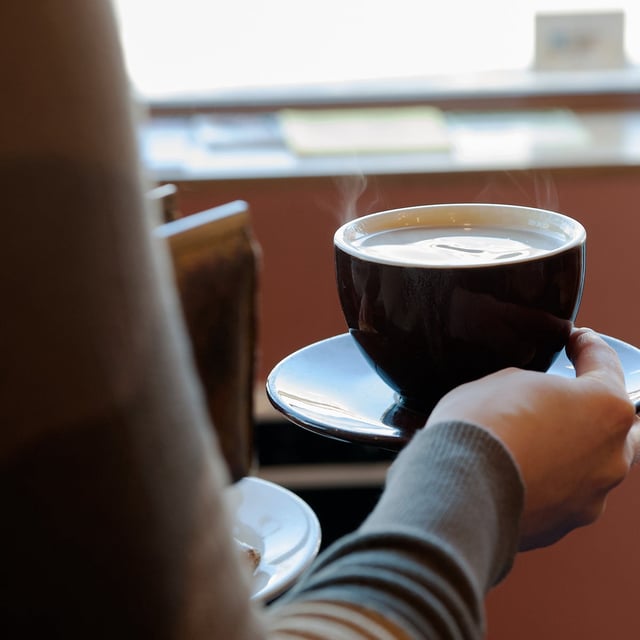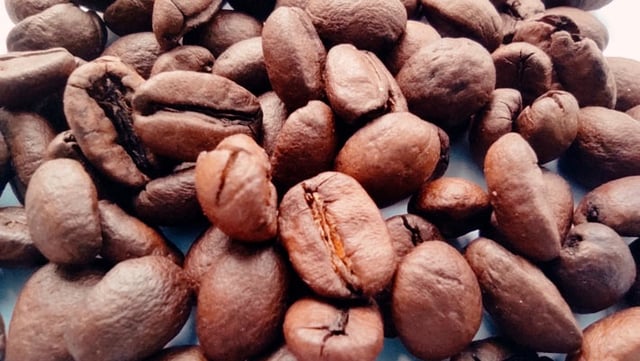Overview
- In a peer-reviewed Scientific Reports study, 236 young adults in Germany completed seven daily smartphone check-ins for up to four weeks, reporting current mood and any caffeinated drink in the prior 90 minutes.
- Positive affect was higher after recent caffeine use, with the strongest association in roughly the first 2.5 hours after awakening.
- The association was similar regardless of habitual caffeine intake, depressive symptoms, anxiety, or sleep problems, although people who avoid caffeine were not included.
- Scientists point to adenosine receptor blockade with downstream dopamine activity as a plausible explanation for the observed mood lift.
- The authors caution that caffeine can cause dependence, carry risks such as elevated heart rate and anxiety, and disrupt sleep when consumed later in the day.

